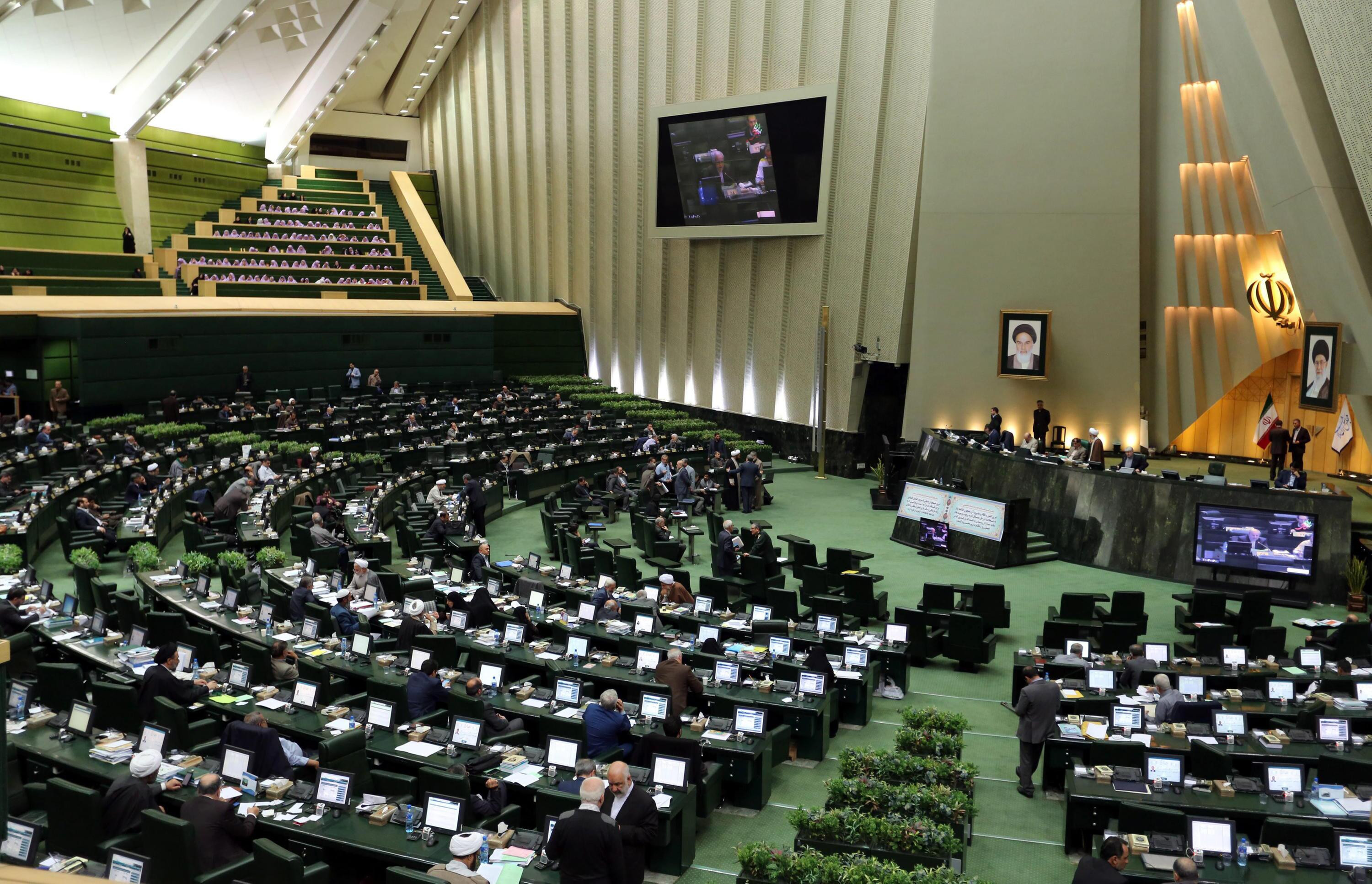Iranian lawmakers are calling for the creation of domestic messaging apps, accusing global messenger applications of promoting violence and fueling the protests that rocked the country beginning December 29.
On Wednesday, in a letter that was signed by 170 members of parliament and sent to the heads of the three branches of the Iranian central government, lawmakers stated that domestic messaging apps should replace foreign ones in order to prevent the misuse of social media.
The letter cited the June 2017 attack on the Iranian parliament carried out by the Islamic State terrorist group as being connected to the use of social media apps, as well as their use in the “promotion of violence, the recent riots, dissemination of indecent behavior, selling narcotics and psychedelic drugs,” according to Mehr news agency.
Iran accuses western countries, particularly the United States, of inciting the anti-government protests that sparked in late December and set off a wave of unrest. Analysts and observers say the peaceful rallies were initially over Iran’s economic situation and price hikes, and later evolved into violent anti-government protests.
At least 21 protesters and two security force members were killed in the events, and about 1,000 demonstrators have been arrested over a one-week period. The protests are considered to be the most widespread public protests in the country since mass demonstrations against the result of Iran’s 2009 presidential election, when hardliner President Mahmoud Ahmedinejad was given a second and final term in office.
On January 13, Iran lifted restrictions on the social networking website Telegram, as it was shut down “in order to prevent activities of anti-revolution rioters” since the beginning of the riots.
In a letter to the UN Security Council dated January 4, Iran's ambassador to the United Nations Gholamali Khoshroo accused the U.S. government of supporting the riots, claiming that "the President and Vice-President of the United States, incited Iranians to engage in disruptive acts in their numerous absurd tweets.”
Iran cracked down on Internet connections shortly before the May 2017 presidential elections, blocking several messaging apps likely to avoid a situation similar to that in 2009.
In 2011, the government created the Iranian Cyber Police, meant to tighten control over the world wide web. A year later, the Supreme Council of Cyberspace was created “to protect Iranians from online dangers.”
In early 2012, the Iranian police chief called Google an "instrument of espionage" rather than a search engine, and in the same year, the country’s officials announced their plan to launch an Iranian-built national search engine called "Yahaq".
Despite the fact that Facebook, Twitter and the BBC Persian service are all banned in Iran, some Iranians use VPN software to unblock sites and protect themselves from the government surveillance.







 President Ilham Aliyev shed light on the evolving contours of the peace process with Armenia during an international conference in Baku this week. ...
President Ilham Aliyev shed light on the evolving contours of the peace process with Armenia during an international conference in Baku this week. ...
 Azerbaijan and Armenia started the process of demarcation of their border on Tuesday, with the installation of the first border markers based on ge...
Azerbaijan and Armenia started the process of demarcation of their border on Tuesday, with the installation of the first border markers based on ge...
 Armenian sappers commenced on Monday mine-clearance operations in the territories adjacent to the Saint Mary Church in village of Voskepar (Armenia...
Armenian sappers commenced on Monday mine-clearance operations in the territories adjacent to the Saint Mary Church in village of Voskepar (Armenia...
 Iran and Pakistan have signed eight cooperation documents in various fields, and agreed to strengthen ties to fight terrorism in the region.
Iran and Pakistan have signed eight cooperation documents in various fields, and agreed to strengthen ties to fight terrorism in the region.
 As the conflict between Ukraine and Russia escalates, the strategic importance of Kharkiv, Ukraine's second-largest city, has come sharply into focus.
As the conflict between Ukraine and Russia escalates, the strategic importance of Kharkiv, Ukraine's second-largest city, has come sharply into focus.
 President Aliyev emphasized the critical role of the North-South Transport Corridor in fostering transport cooperation between Azerbaijan and Russi...
President Aliyev emphasized the critical role of the North-South Transport Corridor in fostering transport cooperation between Azerbaijan and Russi...



